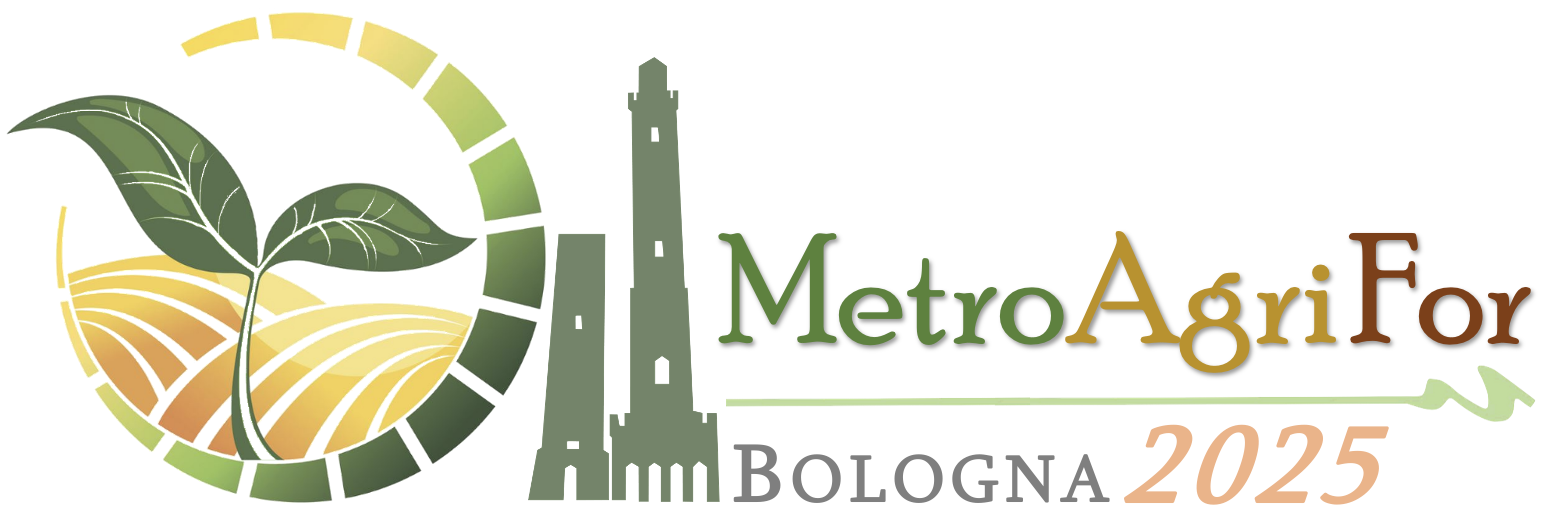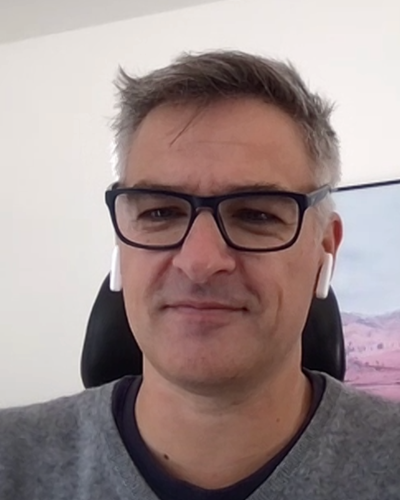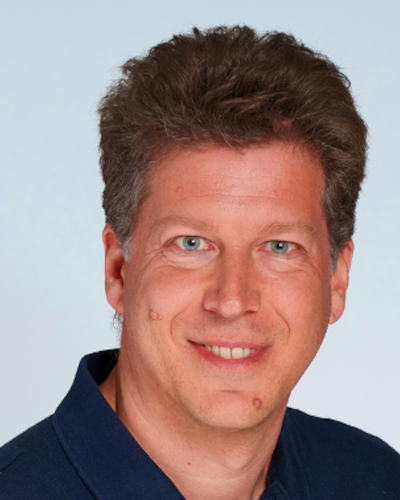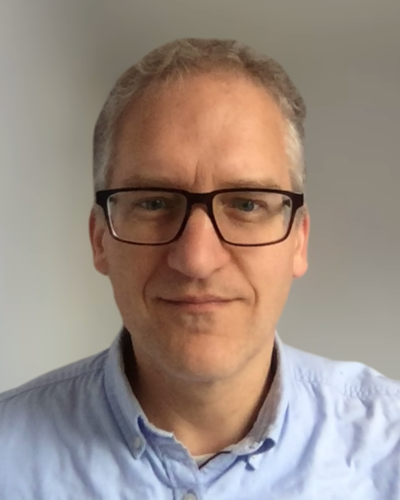SPECIAL SESSION #14
Multi-Source Methods for Forest Disturbance Detection, Measurement and Monitoring
ORGANIZED BY
Gunter Zeug
Riscognition
Annemarie Bastrup-Birk
University of Copenhagen - Forests and Bioresources
Claudio Rossi
LINKS Foundation
Janik Deutscher
Joanneum Research
Edoardo Arnaudo
LINKS Foundation
Andrea Bragagnolo
LINKS Foundation
Conrad Bielski
Riscognition GmbH
ABSTRACT
European and global forests are vital natural capital delivering essential goods and ecosystem services that support both the environment and human well-being. As a tangible asset, forests have economic value but also provide social and cultural benefits, and provide significant support to climate change adaptation. Consequently, there is a need across forest stakeholders to deliver actionable information crucial for making informed decisions in policy, land management, and climate action. Effective forest management and policy depend on timely, actionable information-yet traditional, single-source monitoring approaches often fall short in capturing the complexity and dynamics of forest disturbances.
This special session explores innovative multi-source data streams and associated methods to enhance forest analytics and deliver novel forest data products to stakeholders. Contributions examining how to ensure data accessibility for both policymakers and communities are particularly welcome. We invite contributions detailing in-situ, Earth observation/remote sensing, and location based techniques taking advantage of open data such as Copernicus.
We welcome contributions that demonstrate how integrating multi-source data and participatory metrology-including in-situ, Earth observation/remote sensing, and location-based techniques leveraging open data such as Copernicus, can advance forest monitoring and climate resilience. Submissions should highlight approaches that improve data accessibility for policymakers and communities. This session offers a platform for researchers, technologists, and practitioners to present innovative solutions that bridge scientific advancements with real-world forest management and policy needs.
TOPICS
Contributions can span a variety of topics such as sensor technologies, data analytics, emerging technologies, open data, and participatory approaches including:
- Copernicus-based forest monitoring systems;
- AI and machine learning for forest disturbance detection;
- Biomass estimation techniques for sustainable energy;
- Wildfire hazard monitoring including burned area segmentation, impact estimation, early detection, risk mapping, etc.;
- Participatory metrology and stakeholder-engaged monitoring;
- Multi-scale sensor integration (in-situ, UAV, satellite);
- Standards for biodiversity and carbon stock assessment;
- Sensor calibration and standardization across platforms;
- Traceability and uncertainty in multi-source data integration;
- Data fusion methods combining optical, thermal, and Synthetic Aperture Radar (SAR) sensors;
- Analysis ready forestry data products.
ABOUT THE ORGANIZERS
Gunter Zeug, is a Riscognition founder with over 20 years of experience in the private sector as well as with EU institutions. Throughout his career, Gunter was involved in developing and managing geospatial projects for different public and private industry clients. From 2010 to 2014 he worked with the European Environment Agency as project manager for Copernicus. Between 2006 and 2009 he worked as a researcher with the JRC in the field of global security and natural hazard risk management. After his graduation as a geographer from the University of Munich in 2000, Gunter Zeug was with GAF AG, one of Europe’s leading consultancies in the fields of geoinformation. His current role provides technical expertise into the ontologies relevant to the implementation of the wildfire hazard knowledge graphs and location-based services and geoinformatics.
Dr. Annemarie Bastrup-Birk, (University of Copenhagen) integrates EO, field data, and metrology to standardize forest monitoring. She coordinates Denmark’s inventory systems, ensuring Kyoto/LULUCF compliance through satellite-GIS fusion. As part of the current FUTUREFOR Horizon Europe project, she contributes to EU-wide methodologies for Copernicus-derived forest metrics, addressing data harmonization challenges in the 2023 Monitoring Regulation. Her work on FISE and MapMyTree established frameworks for interoperable forest data sharing. She advocates for metrology-driven quality assurance in climate reporting, particularly for carbon flux and biodiversity indicators. Her research informs adaptive strategies for forest resilience, combining EO innovation with field validation to support European level and national forest assessments and reporting processes.
Claudio Rossi, is a program manager at LINKS Foundation, a private ICT oriented research center located in Turin, where he leads the research programs “AI 4 GEO” and “AI 4 Security”. He authored more than 70 peer-reviewed publications, co-authored the Global Assessment Report 2019 by UNDRR and the "Science for Disaster Risk Management" flagship series, published by the Disaster Risk Management Knowledge Centre (DRMKC). He coordinated several EU-funded projects related to disaster resilience, such as I-REACT and SAFERS, which focused on AI solutions for climate-related emergencies such as fire, floods, and extreme weather events.
Janik Deutscher, is a senior Earth Observation expert with 15 years of experience in developing forest monitoring algorithms and services from optical, SAR and LiDAR data. He is involved in many forest related projects on European and national scale including the development, validation and evolution of Copernicus Land Monitoring Services (projects EvoLand, FUTUREFOR, EEA HRVPP-2). His research interests cover time series analysis, forest vitality monitoring, forest disturbance detection and agent classification, as well as biodiversity monitoring. He currently leads the research group on Remote Sensing and Geoinformation at Joanneum Research.
Edoardo Arnaudo, is Senior AI Researcher at LINKS Foundation, where he serves as technical lead of a ten member team overseeing the full machine learning lifecycle, from research and prototyping to large scale deployment. He has authored multiple peer reviewed papers and created novel disaster management datasets and benchmarks (e.g., MMFlood, CEMS W, FMARS). Edoardo leads work packages and tasks in EU funded projects such as SAFERS (GA 869353) and OVERWATCH (GA 101082320), developing state of the art computer vision solutions for flood detection, wildfire monitoring and real time social media analysis. He holds a Ph.D. in Computer and Control Engineering from Politecnico di Torino, where his thesis focused on “Semantic Image Segmentation in Remote Sensing Scenarios.”
Andrea Bragagnolo, is a Senior AI Researcher at LINKS Foundation, where he designs and develop AI driven satellite image pipelines for rapid wildfire detection, delineation and risk assessment under EU funded programmes such as UNICORN and FUTUREFOR . He earned his Ph.D. cum laude in Computer Science from the University of Turin in 2023, focusing on deep learning and neural network pruning, and was honored with the 2023 con.Scienze award for best Ph.D. thesis. Prior to joining LINKS, Andrea spent over four years at Synesthesia as a Deep Learning Engineer, where he led AI based retail computer vision and automation solutions including the GADAI shelf analysis system and GAP AI sales plan manager. He has co authored various peer reviewed publications, holds a patent on neural network pruning.
Dr. Conrad Bielski, is a Riscognition founder and focuses on delivering high performance computing solutions for geospatial analysis and Earth observation image processing needs specifically focusing on automatic information extraction and scaling of computing output. He received his Ph.D. in Geography from the Université de Montréal, Canada in 2002 after which he won funding for post-doctoral research at the Jet Propulsion Laboratory (JPL). From 2004 to 2011, he researched and developed on a variety of projects at the JRC of the European Commission. He has led research and innovation projects for over 20 years including work for the European Environment Agency and the European Centre for Medium-Range Weather Forecasts (ECMWF).










